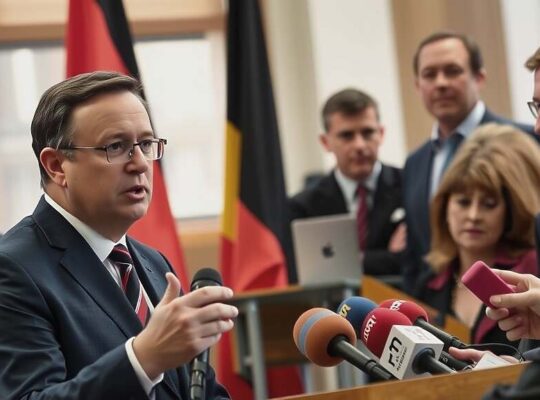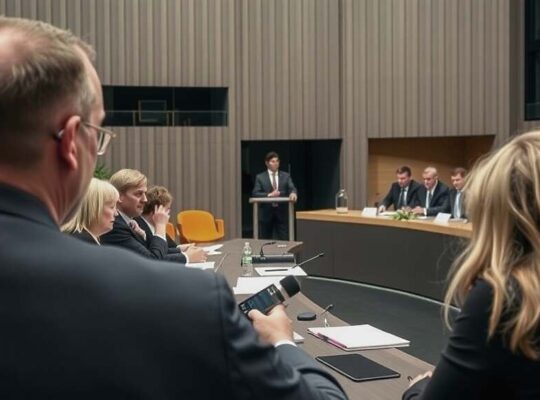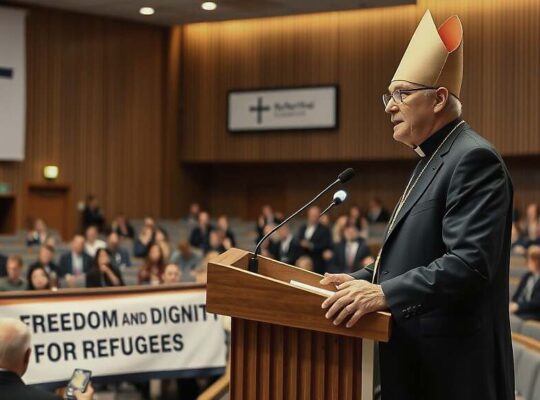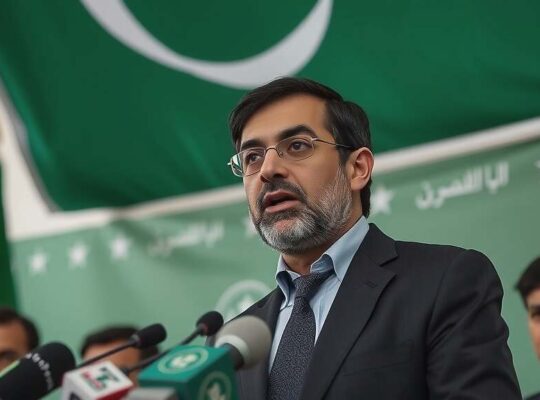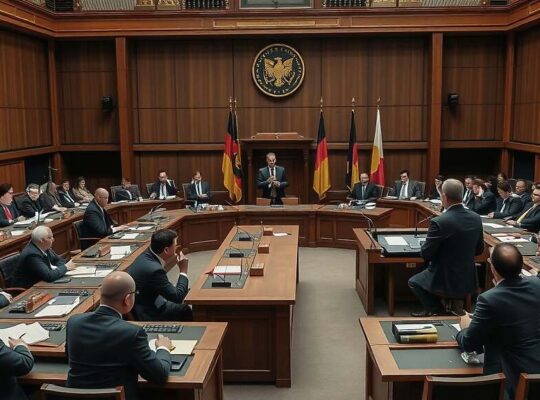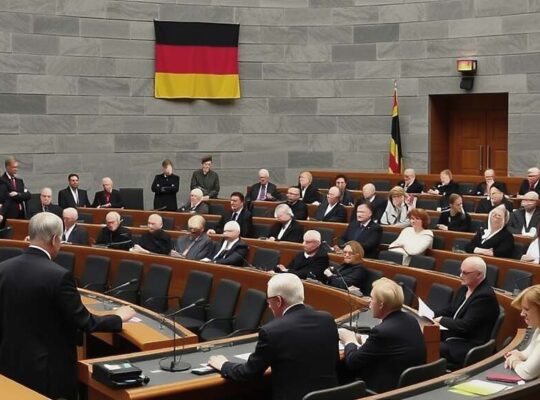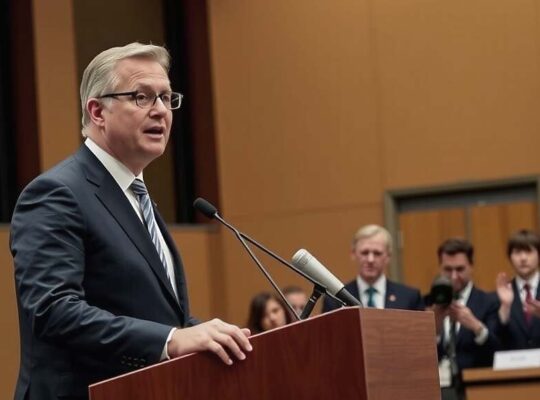The government’s proposed reforms to Germany’s Bürgergeld (social welfare benefit) represent a positive initial step, but lack the broader systemic courage needed to address the nation’s long-term economic challenges, according to Veronika Grimm, a prominent economic advisor and supervisory board member of Siemens Energy. While acknowledging the planned changes as largely rehashed compromises previously agreed upon by the SPD and FDP but previously shelved, Grimm cautioned that their effectiveness hinges on precise implementation and a more comprehensive reform agenda.
A key concern remains incentivizing work. Grimm emphasized the need to adjust transfer reduction rates to make employment more attractive. However, she conceded that failing to significantly boost workforce participation will ultimately prove more costly, potentially drawing individuals with substantial incomes into the welfare system, thereby increasing overall expenditures.
Grimm’s critique extends far beyond the Bürgergeld reforms, focusing specifically on the government’s approach to pension policy. She argues that the coalition’s commitment to maintaining the existing pension level, expansion of the “mothers’ pension” and the introduction of “active pensions” – offering tax relief for employed retirees – represent a counterproductive stance that will impose a hefty, upwards of 100 billion euros and potentially exceeding 200 billion euros, burden on future generations.
This trajectory, she contends, demonstrates a disconnect from economic reality, creating unsustainable promises that will severely limit budgetary room for future-oriented investments. The government, in prioritizing immediate benefits and short-term political gains, risks entrenching fiscally irresponsible practices and undermining Germany’s long-term economic stability. The reliance on debt-fueled spending, she warned, is virtually guaranteed to continue, effectively precluding the possibility of shifting resources towards truly crucial areas.




